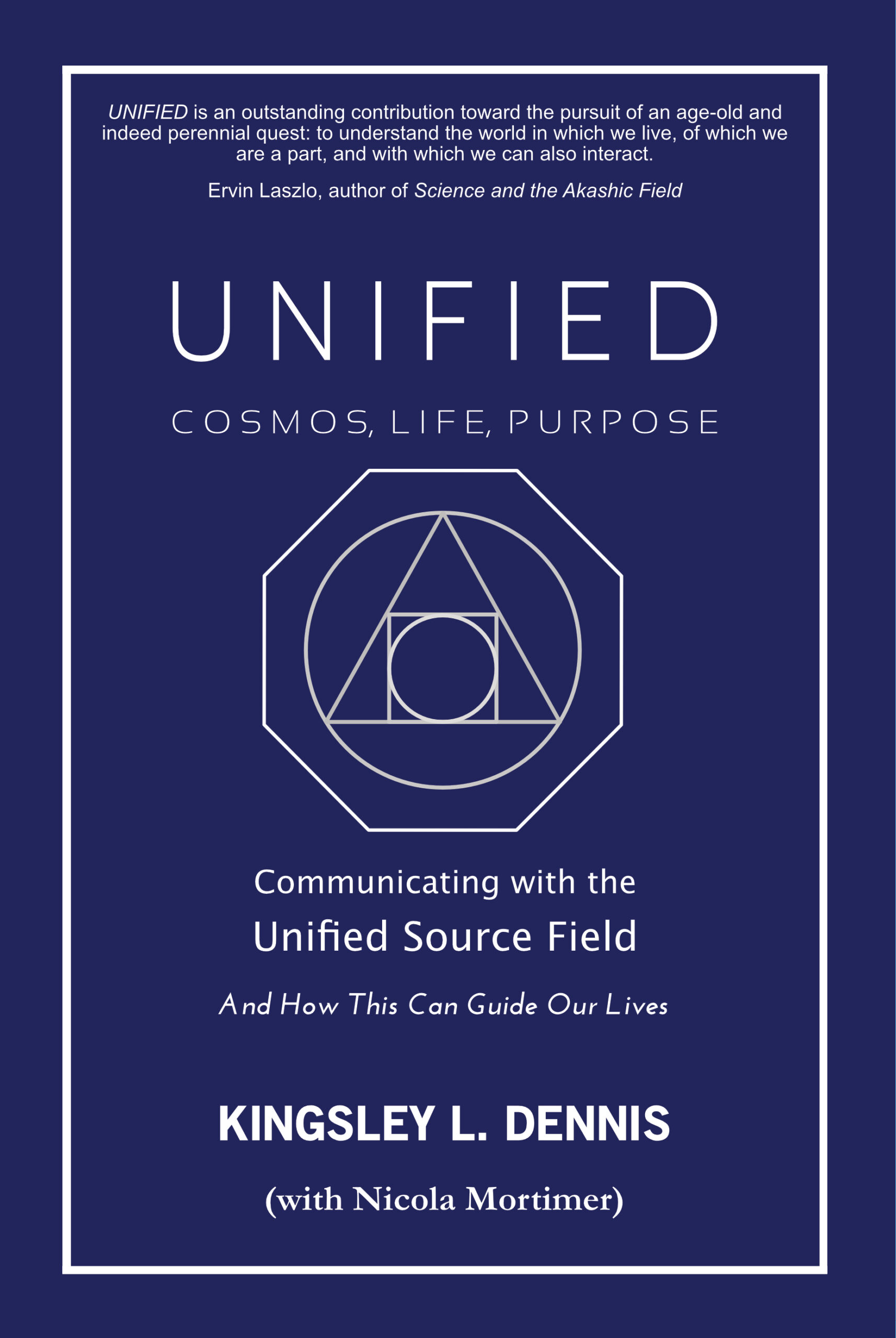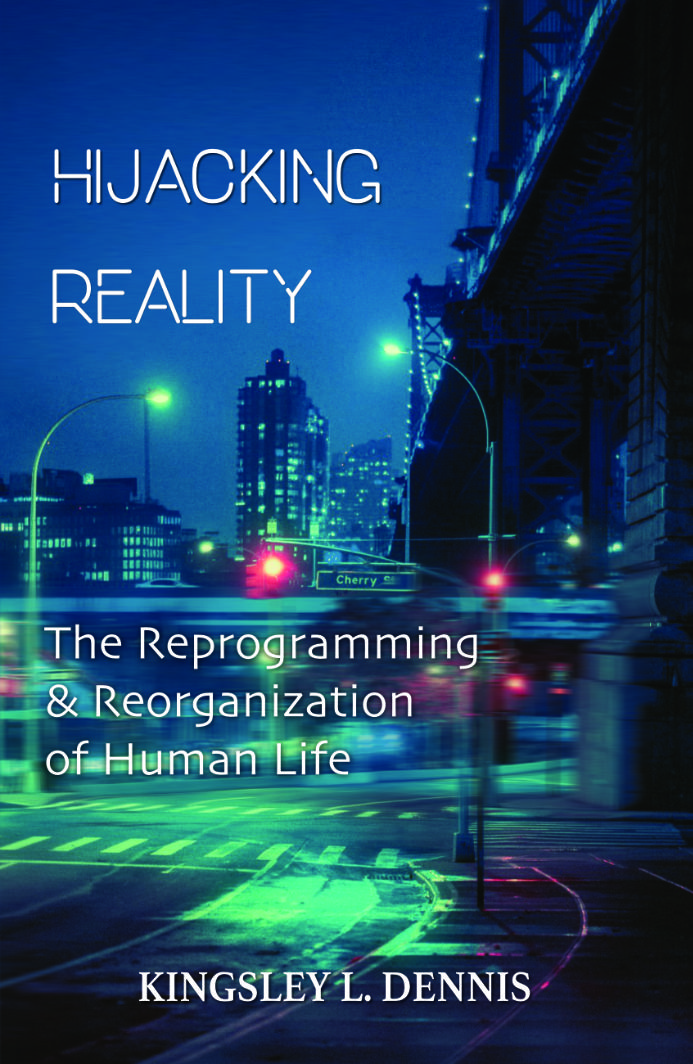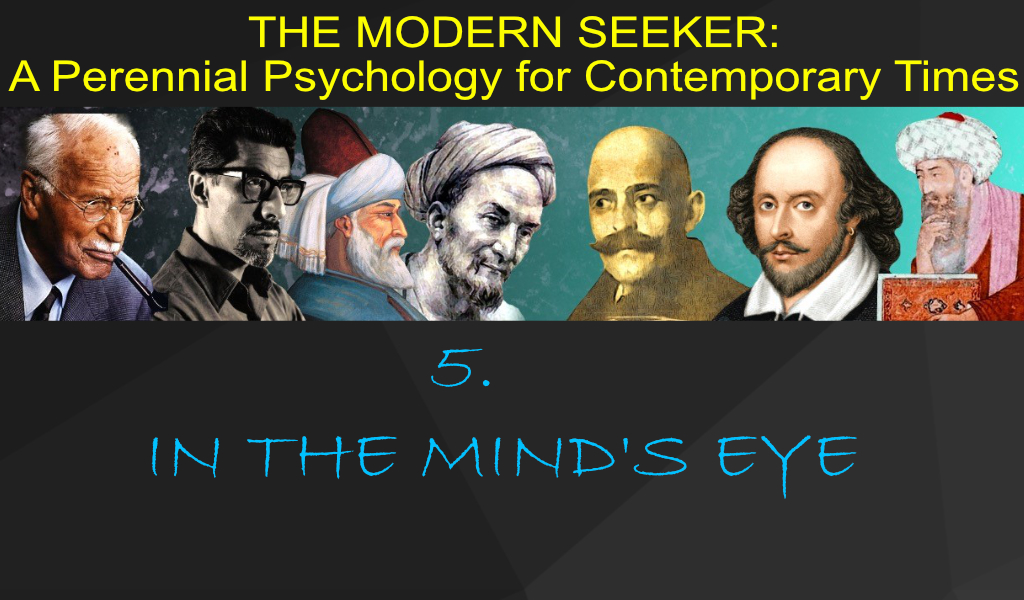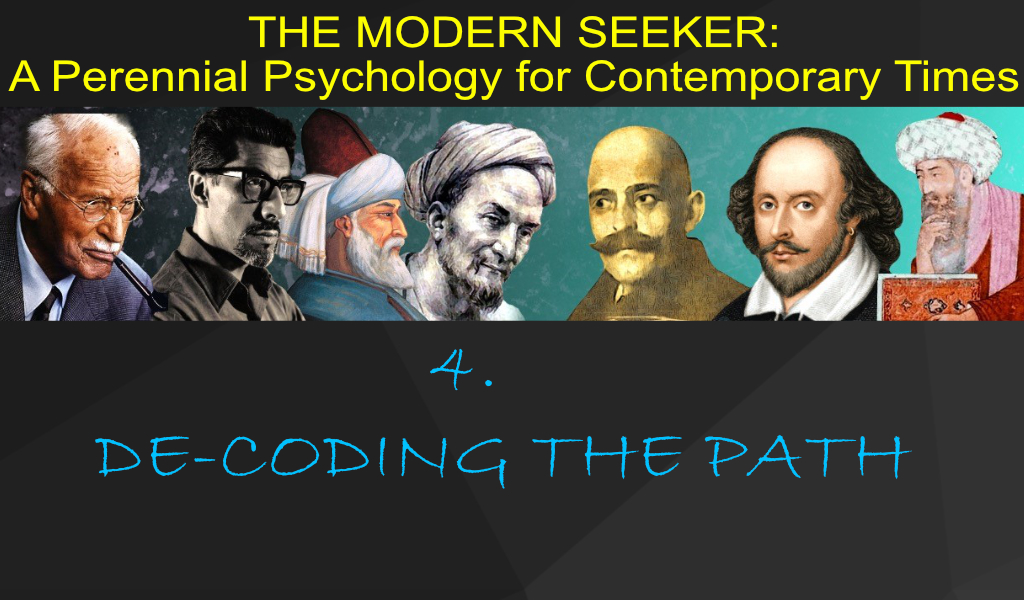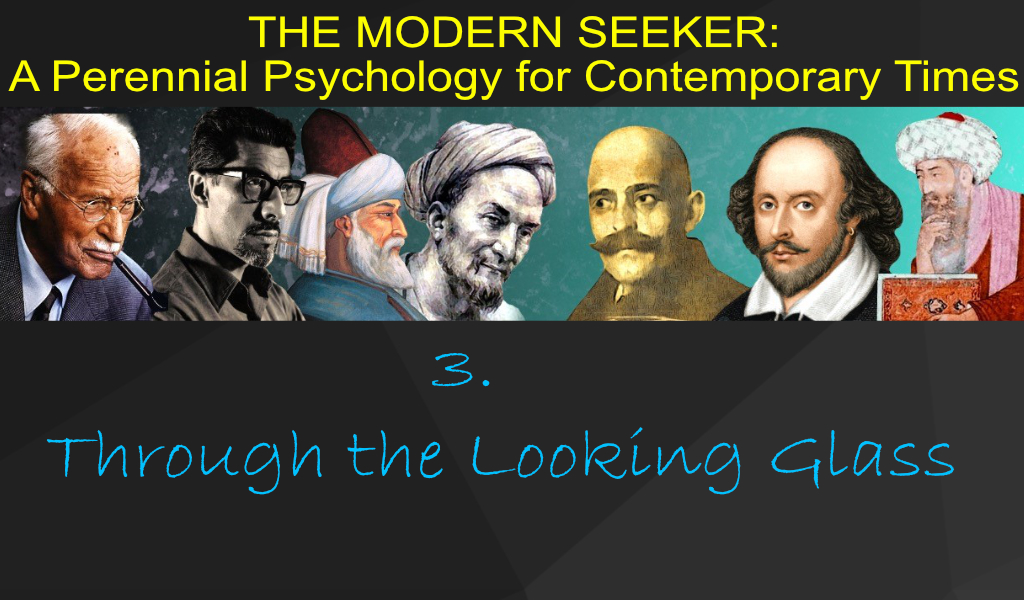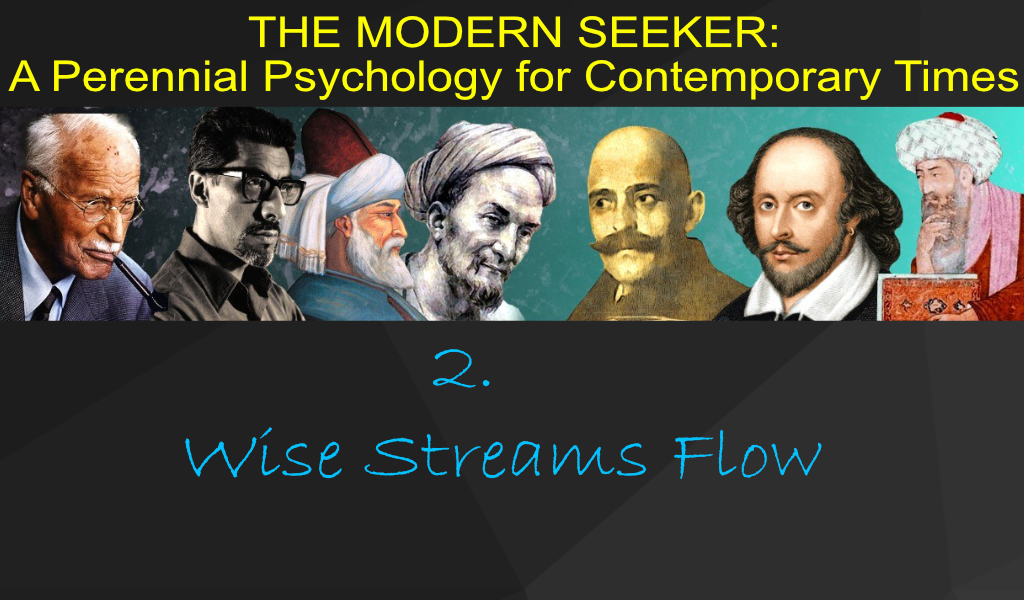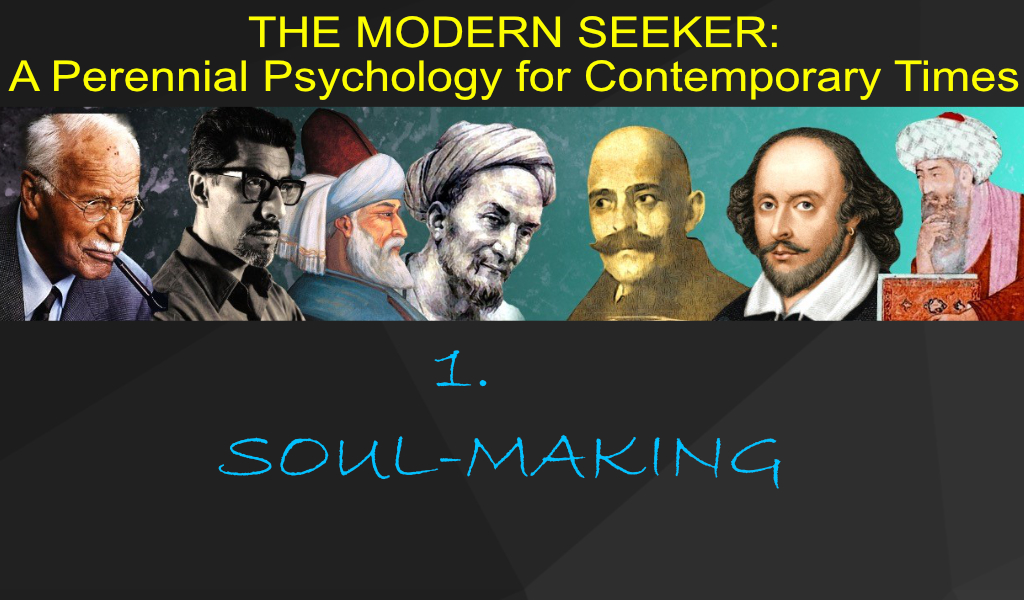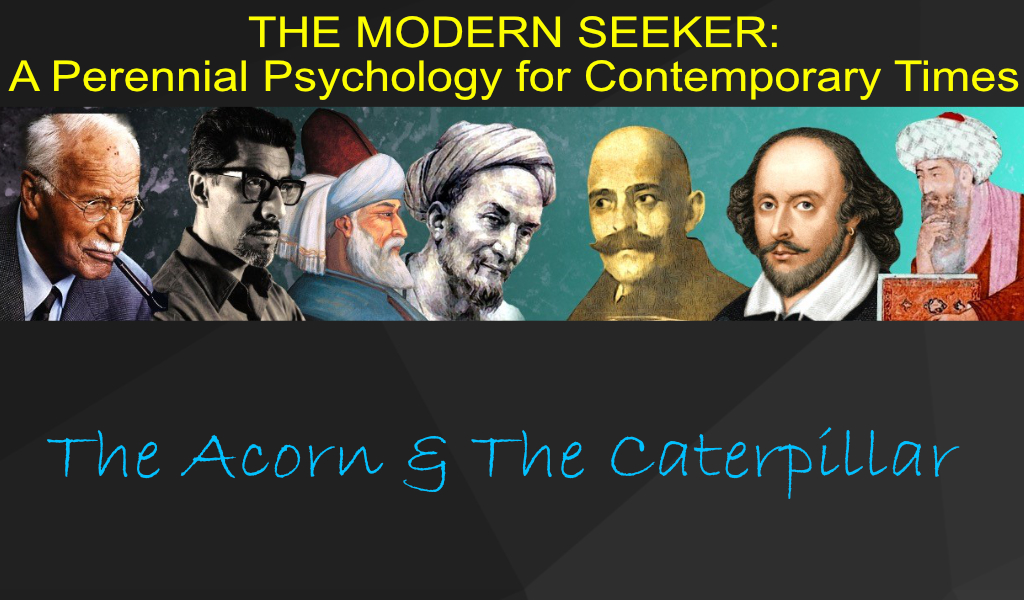These days many of us feel as if we are drowning in information. Is our world not awash in a new fabric of communications, most of it digital? Google Chairman Eric Schmidt famously said by 2010-11 the human race was generating as much information every two days than it had from the very beginning of recorded history. This is an incredible amount of information flowing through the veins of our interconnected cultures. The question is: Does this affect our sense of reality?
Yes. How and why?
For the last few centuries there has been rapid cultural development among Western and Northern nations that has simultaneously imposed a linear, logic-based way of thinking. Since our modern sciences have discovered the “split brain” phenomena this has been labeled as a left-brain perspective. A dominant left-brain perspective has helped to form a world in our minds that is separate from us — “out there” — and from this position we felt it appropriate to manipulate and control our environments. This perspective was aptly described by Francis Bacon (the so-called “father of modern science”) as the ability, and need, to wrestle Nature’s secrets from her. Yet this perspective, which has gained ascendency over the centuries and is now our dominant mindset, also serves to “disenchant” the world — to draw us away into a distant, detached, observer position. Our interaction with the world around us has largely become passive. Subsequently, we have suffered a lessening of the imaginative function: We immerse ourselves less into the world and position ourselves as peeking at the world from the sidelines — or worse, from atop a pedestal.
Our modern Western cultures have validated and strengthened this model so that it has now become the backbone to how most of us passively receive news, information, instructions, etc. As passive observers we are given information in media-acceptable forms and we store, file, and archive this data, yet react little to it. It has become the customary feature of our complex lives and allows us to deal with the increasing impacts, events, and obligations of our lives. However, at the same time it desensitizes us to the depth, emotional value, and profundity of these impacts. In other words, we have divorced and disenchanted ourselves from our vibrant, living environments.
In a data-rich world we are becoming increasingly meaning-poor. Many of us are plagued by a feeling that we don’t adequately “touch” our lives, that we only have a sense of passing through. Whilst this has been a satisfactory coping mechanism for dealing with a complex, uncertain, and often unstable world, it does little to engage us mindfully, compassionately, or creatively within our participatory reality. We often view the world as abstract, as if we are separate and isolated from the events and “invisible threads” that bind us all inextricably together. We are starved of reality because we so infrequently experience intimacy and participation with a vibrant world (only at times through what have been termed “peak experiences”). The potential for sensing and engaging with the world has chiefly been replaced by a passive reality that delivers a particular reality set to us — the “consumers.” Further, it is a reality set that comes with strict cultural parameters and consensus thinking. It is little wonder that there are people who indulge in extremes — sport, intoxication, brutality, madness — in order to gain a lost sense of vibrancy and aliveness. It is often through experiencing such “euphoric” moments in our lives that we come to realize that our lives are much more interesting and entangled than we give credit for. Unfortunately, many of these epiphanies come from shocks, such as health issues or a tragic sense of loss. The good news, however, is that a reemergence of a participatory relationship with our world may be on the rise.
The incredible amounts of information we are now producing are largely due to millions of people uploading videos to YouTube, sending messages, posting to blogs and websites, and engaging in social networks. The electrical revolution that brought us radio and television taught us how to sit comfortably and receive information passively. The digital revolution that has risen dramatically within only a couple of decades is urging us to immerse ourselves in its flow. We surf the Internet, view and send images to our friends, watch a stream of videos, make our own videos, upload our music experiments, etc. The list of ways to participate is growing each day. Rather than being at the mercy of information, as the old model would have us do, we should turn this relationship around and use the medium for creating and developing our own forms of expression, communication, and voice. We have the opportunity to participate and engage with our sense of cultural reality. We should be searching for information that empowers us, reaching out for like-minded individuals and groups, organizing ourselves and strengthening our sense of self and our values. And then, of course, going out and meeting with our new connections and community (if possible) — or at least going for walks into Nature to ponder on our new creative thoughts.
Human consciousness, our thoughts and state of mind, are entangled with our lives; we can project our conscious thinking, like a laser beam, into the world. We each have the capacity to be aware of the impacts we absorb, consider them, and feel a response rather than give an automatic reaction. By remaining passive and dulled we add nothing to our environment. Yet exciting, vibrant, determined attitudes and energy enlivens the sense of our immediate reality.
To make a lasting change in the years ahead many of us will need to awaken from our passive slumber and grab hold of reality, reaching out to our world, recognizing our creative immersion, and engaging energetically with our lives. We can join the global conversation.



